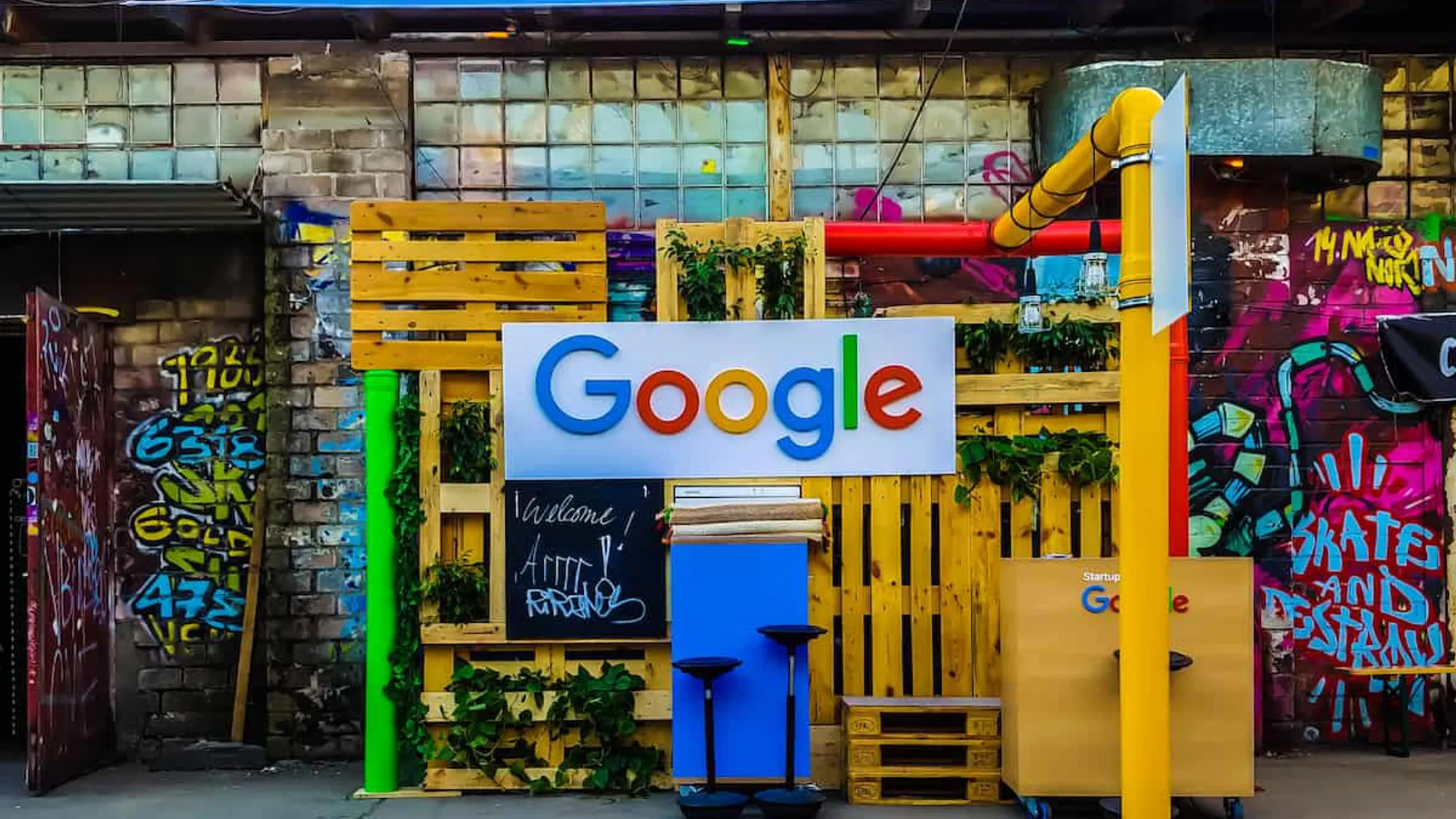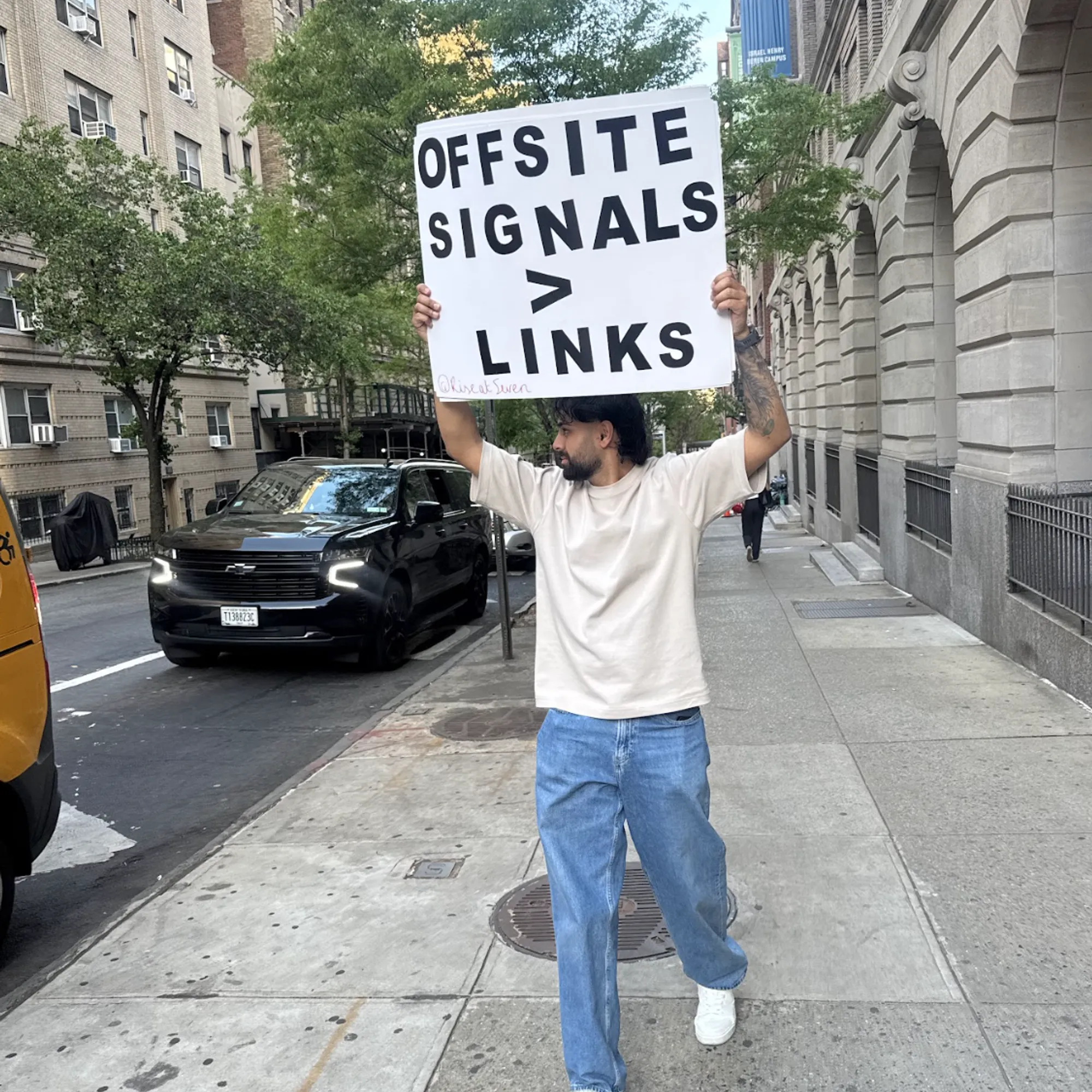
Rise at Seven leaders on what the 'Helpful Content Update' means for the future of search

Google officially launched its latest and potentially most consequential update, dubbed the Helpful Content Update, at the end of August - designed to reward websites that create genuinely useful and unique content, written by real people for real readers (instead of search engines). While many in the search community have embraced Google’s prior guidance on content quality and avoiding overly-SEO-led content creation processes, the new update signals that Google remains committed to surfacing the best possible content for searchers. Helping to weed-out publishers who are attempting to game the system.
Initial data from the Helpful Content Update rollout suggested only minor tremors in search volatility but, weeks later, some websites are starting to see bigger shifts - and Google claims that more significant impact may be felt in the next core update (the September 2022 update that began rolling out this week).
We’ll have to wait to see just how heavy Google is leaning on the changes it has implemented in the Helpful Content Update, however a few of our Rise at Seven team leads have been discussing the topic in the office and in the press.
Here’s what they’re saying.
Founder and CEO Carrie Rose, contextualised the reason behind Google’s latest updates - highlighting the amount of unhelpful content that’s cluttered up the web and explained how our role as SEOs will need to evolve:
“91% of content online doesn’t get seen. Literally, zero traffic at all. That’s a whole lot of useless and unhelpful content out there right now.
“Whether it’s by ranking online, being shared by your customers, linked by authority press - making your content helpful to your customers isn’t an easy task. It means thinking like a human and acting like a human. Not so long ago, the industry was encouraged to think like a human but act like an SEO. Those days are gone.
“For too often now, online content has been keyword stuffed, filled with affiliates, and intentionally long-form enough to not get an answer and create extra time on a page. This was done to manipulate users and, by extension, signals that told Google where to rank the page. In reality, users want a simple answer - and they want it fast.
“TikTok has started stealing traffic and visibility from Google - why? Because it’s giving answers to a user’s question a lot easier and faster than the content Google is ranking. Maybe we overcomplicated it as a search industry? I think so.
“What you shouldn’t do: write a content piece so short that your customer has their answer in seconds. Let’s not take this literally.
“What you should do: consider every question that user will have: back it with references (and yes, link externally), add visual references, video tips, anything to HELP a user through their search journey.
“Keyword research is key here. Speak to your customer service team, ask the typical questions that get asked on a daily basis, and deliver thoughtful answers. That’s what we call helpful content. Build out from there - from this, you’ll start to find out more about your customer than you think. Useful and helpful content would get links naturally - but now Google is explicitly telling you.”
Speaking to Prolific North, Director of Search Tasha Amponsah-Antwi emphasised the importance of putting readers first - and the potential risk for ignoring the changes Google is signalling with the update:
“Google's mission is to organise information and make it accessible and useful to a user. Therefore, it aims to serve the most relevant information to its users, that is most useful and provides the best experience. At Rise at Seven, our Search Everywhere proposition ensures that every element of users' search experience is seamless across platforms, and is always audience first. Every update Google rolls out is designed to improve the quality of the experience of using the search engine for humans. So this approach is mission-critical.”
“Any content — not just unhelpful content — on sites determined to have relatively high amounts of unuseful content overall is less likely to perform well in Search, assuming there is other content elsewhere from the web that's better to display. For this reason, removing unhelpful content could help the rankings of your other content. If Google deems your site to have mass amounts of irrelevant content it will downgrade these sites, while other sites with 'human-first' content will reap the benefits.
“If impacted, this could take a few months to recover, while a site rebuilds its trust with Google, amending the content to be more human-first. There are a few businesses and niches that may experience more than others, such as shopping and retail. For example in shopping and retail, it's common practice to write paragraphs of content on category pages in order to help with rankings. Typically brands may place this at the bottom of the page as it's for search engines. However, we as SEOs know that nobody who is looking for a dress for date night is reading that! An initial recommendation would be to cut this down and move further up the page to test.
“Brands and businesses who have implemented an audience-first approach to their content and on-page strategies will benefit, and the sites using outdated SEO strategies will fall behind in the race."
Drawing from his experience as a content creator, journalist, and website director, VP of Content Ben Kendrick focused on the negative impact of SEO-focused content creation and highlighted what he believes content creators should focus-on going forward:
“Google has repeatedly cutdown on spam in SERPs - and unhelpful SEO content isn’t, at the end of the day, all that different from the keyword-dense catch-all landing pages, inaccurate medical and financial recommendations, duplicated content, and link-driven spam the platform has attempted to purge in earlier updates. While some SEO content is valuable to certain users and still a very viable approach to helping clients improve their visibility, recent years have seen a massive increase in savvy SEO strategies (such as content gap analyses) applied in irresponsible and unhelpful ways.
“As I discussed when talking about Google News and Discover penalties, Google has begun using feedback from the Discover feed to identify publishers who were gaming the system - creating placeholder article pages that preyed on search queries to which there was no concrete answer. It was a useful strategy for publishers to create content and generate ad impressions but, for the readers, it was a dead-end - i.e. an unhelpful result.
“Ultimately, Google isn’t in the business of playing favourites (even if some SEOs might think they do) and, no doubt, there are numerous signals that contribute to rank. Simply put, the best way to get content to rank still is: create great content. The Helpful Content Update is the clearest signal, yet this is advice that any aspiring content creator, product site, or servicer should follow. Essentially, knowing your audience has never been more important. When creating content, ask yourself: who is this really for and is what I’m about to publish the absolute best I can do in addressing that searcher’s need? Be honest, and if the answer is, “no,” take another look.
“It’s easy for a user to tell the difference between quality helpful content and content that was created by committee or churned out through a formulaic process - and everyday Google is getting better and better at telling that difference too. The only way to thrive as a publisher or website operator long term is to continue innovating, strive to improve the quality of your content, as well as your understanding of visitors the search engine directs to your site. Who is coming? What do they need? And what can you do to provide a better experience and end-result for them?”
Speaking to PR Weekly, PR Director Will Hobson reiterated what Google is attempting to accomplish with the update - and gave some specific guidance for PR industry colleagues to follow.
"The latest update from Google will look to boost content actually written for users which is helpful and also of high value but will devalue sites which have content that is written primarily for SEO purposes. If anything, for the PR industry this is a good thing, this is what we’ve been talking about for years - it’s all about relevancy. Your campaign pages need to be super relevant to the brand but also offer something of actual use for the user.
"For example, if you’re a small business, does your campaign and campaign content actually relate to what the audience wants? Is it going to be useful, informative, or interesting to them?
"That all said, in terms of press releases on-site, there's no need to worry about this as it's most likely to be in a media centre for your brand - and as long as it's highly-relevant and of interest to the user, you will be totally fine."
As mentioned by our leads, the world of search is continuously evolving - the Helpful Content Update is just the latest example. If you have questions about how Google’s update is impacting your site or want to maximise the potential gains you’ll get from great content you’re already creating, get in touch with us today.

CEO & Founder of Rise at Seven, and my job is to be out in the market and see which way the wind is blowing in the next 1, 2, 5 or 10 years time and bring that home to my team and clients. I lead the vision of the agency across the UK & US.















